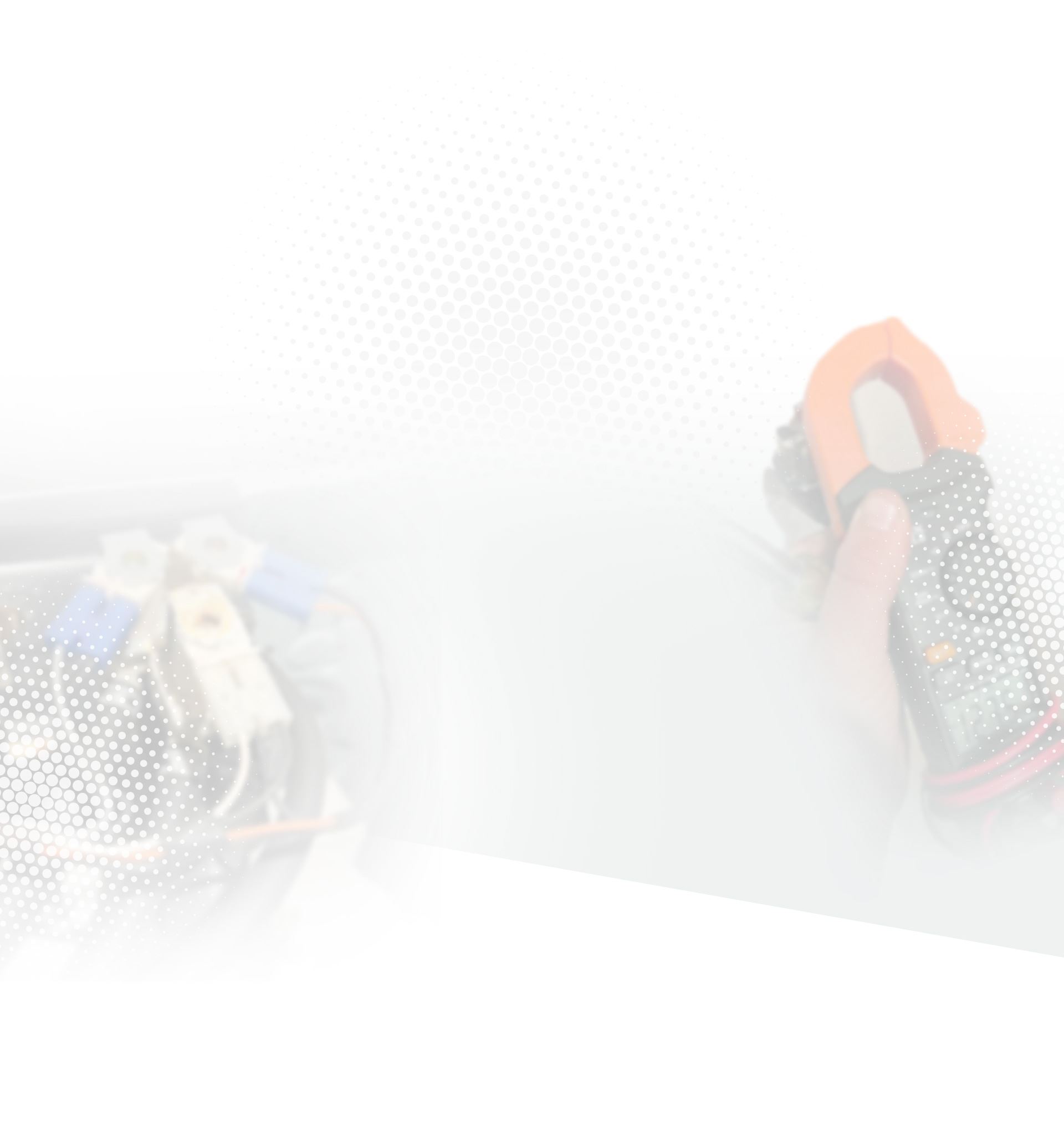A refrigerator is one of those household essentials that quietly keeps life running smoothly—until it doesn’t. When it begins acting up, small issues can quickly snowball into spoiled food, higher energy bills, or costly repairs. Knowing the warning signs early can help you decide whether to fix the problem or start planning for a replacement.
Unusual Noises and Vibrations
If your fridge sounds more like a haunted house than a kitchen appliance, something’s off. Unusual noises—buzzing, knocking, or humming—often signal mechanical trouble.
- A buzzing sound can point to a struggling compressor.
- Knocking or thudding noises may come from a failing fan motor or evaporator.
- Rattling or vibration could indicate loose components.
A refrigerator should run quietly. If it’s suddenly making a racket, it’s worth scheduling a professional inspection before a minor issue turns into a full breakdown.
Inconsistent Temperatures and Spoiled Food
If your food is freezing in one spot and warm in another, temperature inconsistency is likely the culprit. This uneven cooling can quickly lead to spoilage or frost buildup.
Common culprits include:
- A defective thermostat
- Blocked vents preventing airflow
- Compressor issues disrupting cooling cycles
Whether your milk feels too warm or your veggies come out frozen, these are clear red flags that your refrigerator needs attention.
Compressor Failure
The compressor is the heart of your refrigerator—it keeps everything cool by circulating refrigerant. When it begins to fail, the signs are usually easy to spot:
- Warm air inside the fridge or freezer
- Excess heat coming from the back of the appliance
- Unusual noises or frequent cycling on and off
- Circuit breaker trips when the compressor runs
A failing compressor can drastically impact cooling performance. Addressing it quickly can save your appliance—or prevent wasted money on recurring issues.
Faulty Thermostat and Poor Temperature Control
A faulty thermostat can throw your refrigerator completely off balance. When it’s not reading temperatures correctly, your fridge may:
- Overcool and waste energy
- Underperform and cause food spoilage
- Cycle erratically between settings
If your thermostat settings don’t match what’s happening inside the fridge, it may need calibration or replacement. Accurate temperature control ensures efficient operation and food safety.
Damaged Door Seals and Insulation Problems
Door seals play a big role in keeping cool air inside. If they’re cracked or loose, your refrigerator has to work harder to stay cold—driving up energy use and straining internal components.
Try this quick test:
- Close a dollar bill in the fridge door.
- If it slides out easily, your gasket may need replacement.
Older refrigerators may also suffer from weakened insulation, which further reduces efficiency and increases wear on cooling parts.
Rust and Exterior Deterioration
Rust might seem like a cosmetic issue, but it often signals deeper problems with moisture or leaks. Corrosion around coils or on the body of the fridge can lead to:
- Weakened structural integrity
- Electrical risks
- Reduced efficiency
Catching rust early and fixing the underlying cause can help extend your refrigerator’s lifespan.
Simple Maintenance Tips to Keep Your Fridge Running Smoothly
A little upkeep goes a long way toward preventing breakdowns. Regular maintenance can help you avoid major repair costs later.
Try these quick tips:
- Clean condenser coils every few months.
- Defrost your freezer when ice builds up.
- Wipe and inspect seals for cracks or gaps.
- Keep air vents clear for proper circulation.
Unplug the appliance before cleaning to stay safe and protect your equipment.
Diagnosing Basic Problems at Home
Not every refrigerator issue requires a service call right away. A few DIY checks can help you narrow down the problem:
- Use a thermometer to confirm internal temperatures.
- Perform the dollar bill test for gasket leaks.
- Check for blocked vents or frost buildup in the freezer.
If you’ve done these steps and the issue persists, it’s time to call in a technician to avoid further damage.
Repair or Replace? Weighing the Costs
If your refrigerator is over 10 years old and repairs are adding up, replacement may be the more economical choice. As a rule of thumb:
- If the repair cost is more than 50% of the price of a new unit, replacement is usually wiser.
- Frequent part failures indicate your fridge may be nearing the end of its lifespan.
- Newer models offer better energy savings, which can offset upfront costs over time.
Balancing repair expenses with long-term efficiency helps ensure you make the smartest investment for your home.
Choosing an Energy-Efficient Upgrade
When replacement becomes inevitable, choosing an energy-efficient refrigerator can benefit both your wallet and the environment. Look for:
- ENERGY STAR® certification
- LED lighting
- Smart temperature control
- Improved insulation
Energy-efficient models run quieter, use less power, and often include modern conveniences that simplify daily life.
Call Affordable Appliance Repair For Local Refrigerator Experts
As you navigate these challenges and decisions with your refrigerator, know that Affordable Appliance Repair is here to help. Our team offers expert refrigerator repairs to help keep your appliance running efficiently no matte what. Whether you need a simple diagnosis or you're ready to explore energy-efficient upgrades, contact us today for reliable service tailored to your needs.
Call Affordable Appliance Repair now at (480) 914-3381 or reach out to us online.


